20th Anniversary Conference
Education Reform Then and Now:
A Policy Conference Celebrating 20 Years of the Department of Education Reform
Where: Crystal Bridges Museum of American Art, Bentonville, AR
When: October 23-24, 2025
Co-Chairs: Harry Patrinos and Patrick Wolf
Twenty years ago, education reform was having a moment. President Bush’s signature No Child Left Behind Act had recently passed and was being implemented. The package of initiatives in the law included elements promoting transparency, test-based accountability, and school choice. The public charter school sector was growing, and teacher merit pay, and value-added measures were prominent human capital reforms. The Institute of Education Sciences had been launched to help determine what works in education. Policy research and reform was in the air.
Amidst this reform push, the Department of Education Reform in the College of Education and Health Professions was established at the University of Arkansas in 2005. According to the Department’s founding document, its mission is to point the way towards improved educational outcomes “in Arkansas and across the nation.” It is charged with doing so by “breaking new ground in terms of research in important policy areas and establish(ing) intervention programs through which these efforts will be brought to bear in the public schools. These programs will serve as examples to reform-minded educators as well as policy makers.”
The purpose of this conference is to reflect upon the state of education reform research and policy, nationally, with the expectation that the current era might be an inflection point. What has been accomplished in the past two decades regarding identifying ways to improve education? Which promising reforms have proven to be politically palatable and sustainable? Where should researchers and policy makers turn, now, to find ways to improve student achievement and character outcomes for the benefit of individuals and society? Those are the motivating questions for this gathering.
Register to Attend
There is no cost to attend, but space is limited. Please register here by September 30, 2025.
Confirmed Keynote Speakers
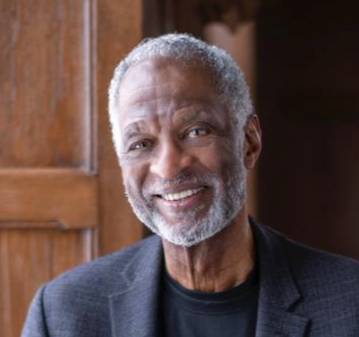
Howard Fuller’s career includes many years in both public service positions and the field of education. Dr. Fuller retired from Marquette University where he is now a Distinguished Professor Emeritus.
Immediately before his appointment at Marquette University, Dr. Fuller served as the Superintendent of Milwaukee Public Schools.
Dr. Fuller received his B.S. degree in Sociology from Carroll College in Waukesha, Wisconsin, M.S.A. degree in Social Administration from Western Reserve University in Cleveland, Ohio, and his Ph.D. in Sociological Foundations of Education from Marquette University, Milwaukee, Wisconsin.
He is a Co-Founder of the Dr. Howard Fuller Collegiate Academy in Milwaukee WI.
He has received numerous awards and recognitions over the years including five Honorary Doctorate Degrees. He is a Wisconsin Academy Fellow. He is also a member of the Charter School Hall of Fame of the National Alliance for Public Charter Schools and the Athletic Hall of Fame at North Division High School and Carroll University and the Wisconsin Basketball Coaches Association Hall of Fame.
His memoir, No Struggle No Progress was published in 2014.
Eric Hanushek, the Paul and Jean Hanna Senior Fellow at the Hoover Institution of Stanford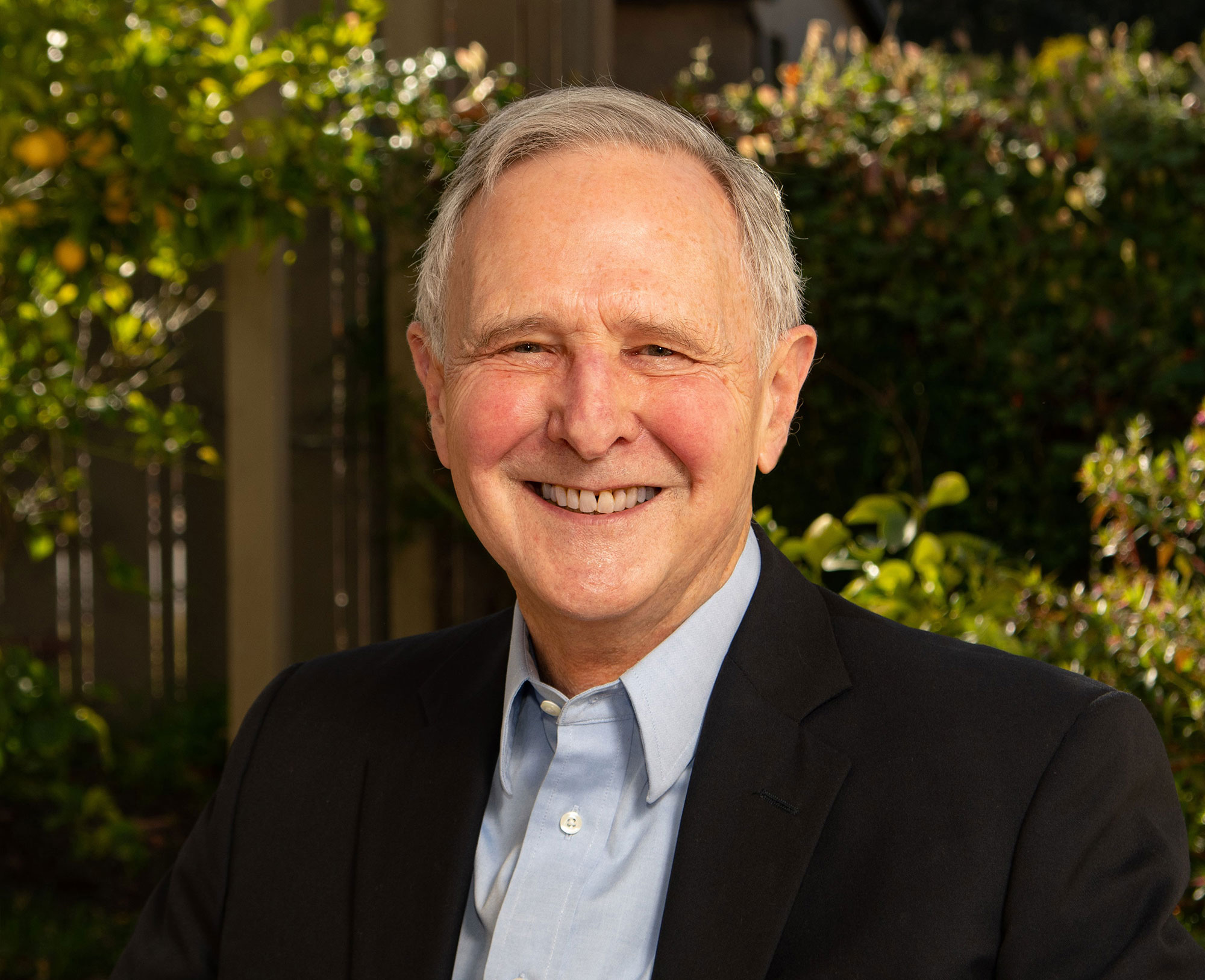 University, is internationally recognized for his economic analysis of educational
issues, and his research has had broad influence on education policy. He received
the 2021 Yidan Prize for Education Research. His widely-cited studies span the effects
of class size reduction, school accountability, teacher effectiveness, the economic
returns to school quality, and economic growth. He has authored or edited twenty-six
books and over 300 articles. He is a Distinguished Graduate of the United States Air
Force Academy and completed his Ph.D. in economics from MIT.
University, is internationally recognized for his economic analysis of educational
issues, and his research has had broad influence on education policy. He received
the 2021 Yidan Prize for Education Research. His widely-cited studies span the effects
of class size reduction, school accountability, teacher effectiveness, the economic
returns to school quality, and economic growth. He has authored or edited twenty-six
books and over 300 articles. He is a Distinguished Graduate of the United States Air
Force Academy and completed his Ph.D. in economics from MIT.
Keynote Panel on AI
 Harry Anthony Patrinos is Head of the Department of Education Reform and 21st Century
Endowed Chair in Education Policy at the University of Arkansas.He specializes in the economics of
education, particularly the returns to schooling, school-based management, demand-side
financing and public-private partnerships. He was formerly with the World Bank, where
he was Senior Adviser, Education. He held management and technical positions at the
World Bank. Previously, he worked in the Office of the Chief Economist for Europe
and Central Asia. He managed education teams in Europe and Central Asia, East Asia
and the Pacific, Middle East and North Africa, and the Global Unit. He led lending
operations and analytical work programs in Latin America. He co-led the development
of the Harmonized Learning Outcomes database, part of the Human Capital Index, published
in Nature. He has studied and worked extensively on the socioeconomic status of Indigenous
Peoples. He has many publications in the academic and policy literature, with more
than 50 journal articles. He previously worked as an economist at the Economic Council
of Canada. Mr. Patrinos received a doctorate from the University of Sussex.
Harry Anthony Patrinos is Head of the Department of Education Reform and 21st Century
Endowed Chair in Education Policy at the University of Arkansas.He specializes in the economics of
education, particularly the returns to schooling, school-based management, demand-side
financing and public-private partnerships. He was formerly with the World Bank, where
he was Senior Adviser, Education. He held management and technical positions at the
World Bank. Previously, he worked in the Office of the Chief Economist for Europe
and Central Asia. He managed education teams in Europe and Central Asia, East Asia
and the Pacific, Middle East and North Africa, and the Global Unit. He led lending
operations and analytical work programs in Latin America. He co-led the development
of the Harmonized Learning Outcomes database, part of the Human Capital Index, published
in Nature. He has studied and worked extensively on the socioeconomic status of Indigenous
Peoples. He has many publications in the academic and policy literature, with more
than 50 journal articles. He previously worked as an economist at the Economic Council
of Canada. Mr. Patrinos received a doctorate from the University of Sussex.Jean-Claude Brizard is President and CEO of Digital Promise Global, a global, nonpartisan,
nonprofit organization focused on shaping the future of learning and advancing equitable education systems
by bridging solutions across research, practice, and technology. He is former Senior
Advisor and Deputy Director at the Bill and Melinda Gates Foundation where he focused
on PK-16 education. He also led several strategies supporting Washington State's educational
system. The Carnegie Corporation of New York honored Brizard in the 2023 class of
“Great Immigrants, Great Americans,” a prestigious honor celebrating naturalized citizens
who have enriched and strengthened our society. He received the distinguished Aspen
Institute 2024 John P. McNulty Prize for his work with Anseye Pou Haiti. The award
recognizes courageous leaders tackling critical issues, from environmental injustice and disaster
recovery to addressing a national crisis of leadership and education.
focused on shaping the future of learning and advancing equitable education systems
by bridging solutions across research, practice, and technology. He is former Senior
Advisor and Deputy Director at the Bill and Melinda Gates Foundation where he focused
on PK-16 education. He also led several strategies supporting Washington State's educational
system. The Carnegie Corporation of New York honored Brizard in the 2023 class of
“Great Immigrants, Great Americans,” a prestigious honor celebrating naturalized citizens
who have enriched and strengthened our society. He received the distinguished Aspen
Institute 2024 John P. McNulty Prize for his work with Anseye Pou Haiti. The award
recognizes courageous leaders tackling critical issues, from environmental injustice and disaster
recovery to addressing a national crisis of leadership and education.
He is former Chief Executive of Chicago Public Schools. Prior to his appointment in Chicago, he was Superintendent of Schools for the Rochester, NY School District. Mr. Brizard’s experience also includes a 21-year career as an educator and administrator with the NYC Department of Education. He served as a Regional Superintendent, supervising more than 100 schools in the Borough of Brooklyn and he also served as the system’s Executive Director for its 400 secondary schools. He is a Fellow of the Broad Center, a Fellow of the Pahara-Aspen Institute, and a member of the Aspen Institute Global Leadership Network.
Tom Vander Ark is an advocate for innovations in learning. As CEO of Getting Smart, he advises schools, foundation
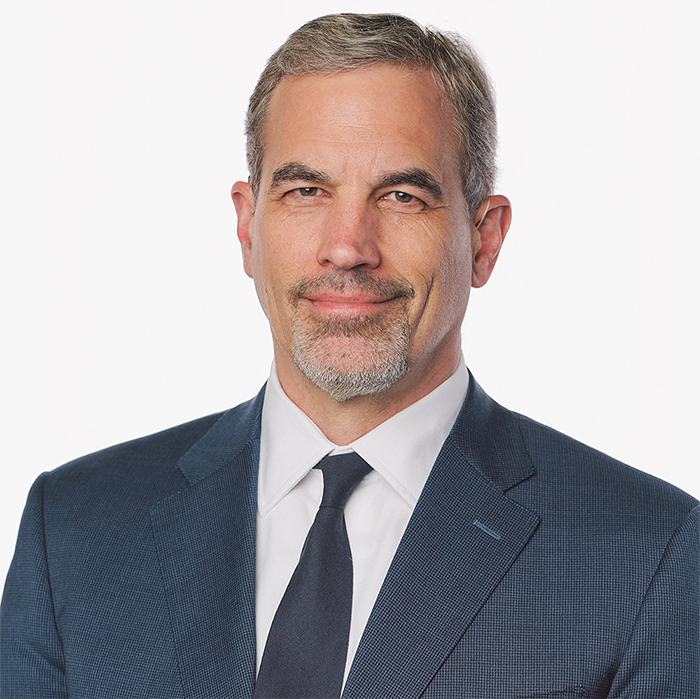
s and learning organizations on the path forward. Tom is the author of Getting Smart, Smart Cities, Smart Parents, Better Together, The Power of Place and Difference Making. He previously served as the first Executive Director of Education for the Bill & Melinda Gates Foundation and was a public school superintendent in Washington State.
Details forthcoming
Panel: The Learning Crisis in America
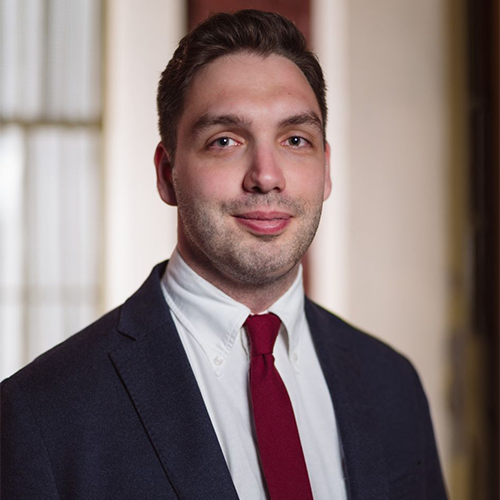 Eren is a statistician at Classic Learning Test (CLT). He received his bachelor’s
degree in psychology from Leiden University in the Netherlands and master's degree
in Methodology and Statistics from University of Amsterdam. After developing statistical software for clinical applications, Eren joined CLT in
2022. Here, he has led the development of CLT’s equating, scaling, and scoring methodology
using Item Response Theory (IRT) and was a lead psychometrician of CLT’s technical
reports. He has also developed automated test assembly software which allows CLT to
build a large number of test forms that are parallel in content and statistical characteristics.
Additionally, he regularly conducts research on student performance for various stakeholders.
Eren is a statistician at Classic Learning Test (CLT). He received his bachelor’s
degree in psychology from Leiden University in the Netherlands and master's degree
in Methodology and Statistics from University of Amsterdam. After developing statistical software for clinical applications, Eren joined CLT in
2022. Here, he has led the development of CLT’s equating, scaling, and scoring methodology
using Item Response Theory (IRT) and was a lead psychometrician of CLT’s technical
reports. He has also developed automated test assembly software which allows CLT to
build a large number of test forms that are parallel in content and statistical characteristics.
Additionally, he regularly conducts research on student performance for various stakeholders.
Anna J. Egalite is a professor of Educational Evaluation and Policy Analysis at North Carolina State University. She completed a postdoctoral fellowship in the Program on Education Policy and Governance at Harvard University and previously served as a Visiting Assistant Professor of Public Policy at Duke University. She studies how targeted education reforms, such as diversifying the teaching profession and expanding school choice, influence efforts to close racial and economic achievement gaps. Her studies have examined school choice and competition, the influence of family background on intergenerational economic mobility, and the diversification of the educator labor force. She has served as Principal Investigator or Co-Principal Investigator on grants totaling over six million dollars. Her research has been featured in a number of mainstream media outlets, including The New York Times, The Wall Street Journal, Politico, and The Atlantic.

S. Colby Woods is a fourth year PhD student at the Graduate School of Education at University of Pennsylvania. His research has covered a variety of topics in K-12 education policy, particularly student absenteeism and discipline, CTE course-taking and labor markets, and teacher satisfaction. Several projects have included partnership work with local and state education agencies, particularly during his time at the Tennessee Education Research Alliance. He received his Bachelor of Arts in International Studies and German from the University of Mississippi and a Master of Public Policy in Education from Vanderbilt University.
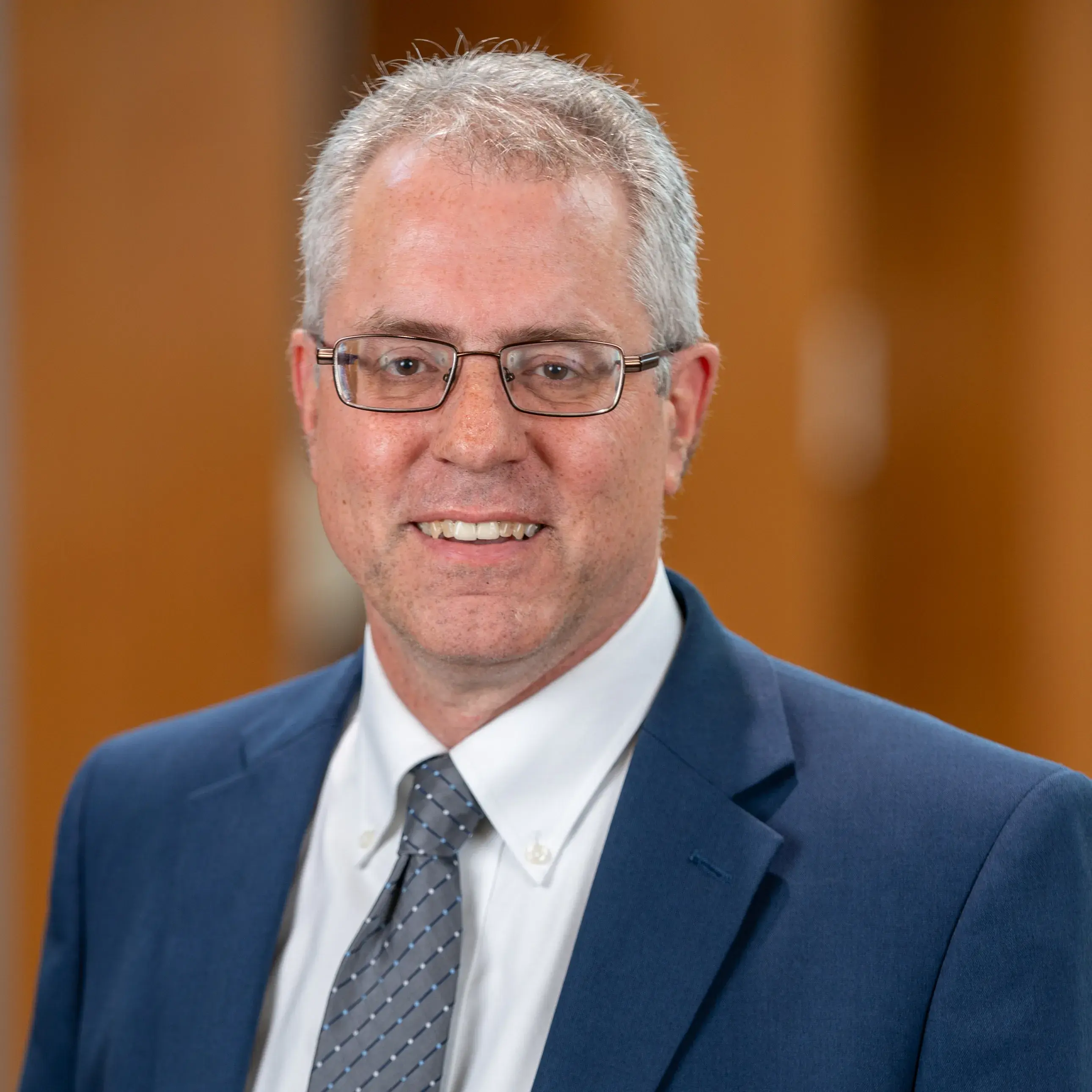
Dr. Ron Zimmer is a Professor at the Martin School of Public Policy and Administration at the University of Kentucky. Prior to coming to the University of Kentucky, Dr. Zimmer was a faculty member at Vanderbilt University and spent a number of years at the RAND Corporation. Dr. Zimmer has been coeditor or associate editor for Journal of Policy Analysis & Management, Educational Evaluation and Policy Analysis, and Economics of Education Review. Dr. Zimmer's research focuses on school choice and school finance, which has led to a number of scholarly articles, book chapters, and monographs. The findings from some of his research have been highlighted in major media outlets including the New York Times, Los Angeles Times, Education Week, ABC News, U.S. News and World Report, and CNN.
Panel: A Burr Under the Saddle: Reigniting the Urgency for Bold Education Reform in the Next 20 Years


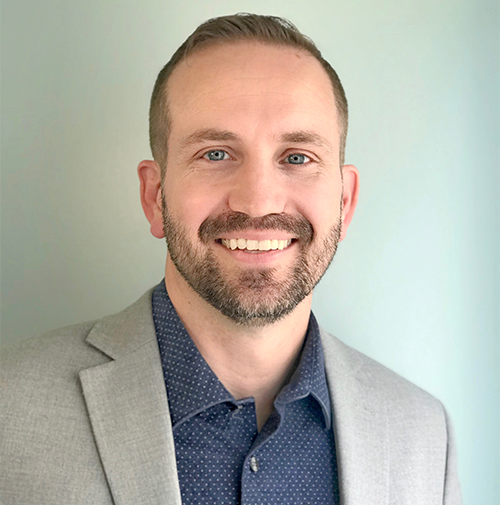
James V. Shuls, Ph.D., is the Head of the Education Liberty Branch at the Institute for Governance and Civics at Florida State University. His research focuses on school choice, education finance, teacher labor markets, and the philosophical foundations of education reform. He previously served as dean of the College of Education at Southeastern University and was department chair of Educator Preparation and Leadership at the University of Missouri–St. Louis. Dr. Shuls has published widely in academic journals and national outlets, contributing to debates on how to improve educational opportunity and equity. He holds a Ph.D. in Education Policy from the University of Arkansas.

Panel: Educational Transparency & Accountability
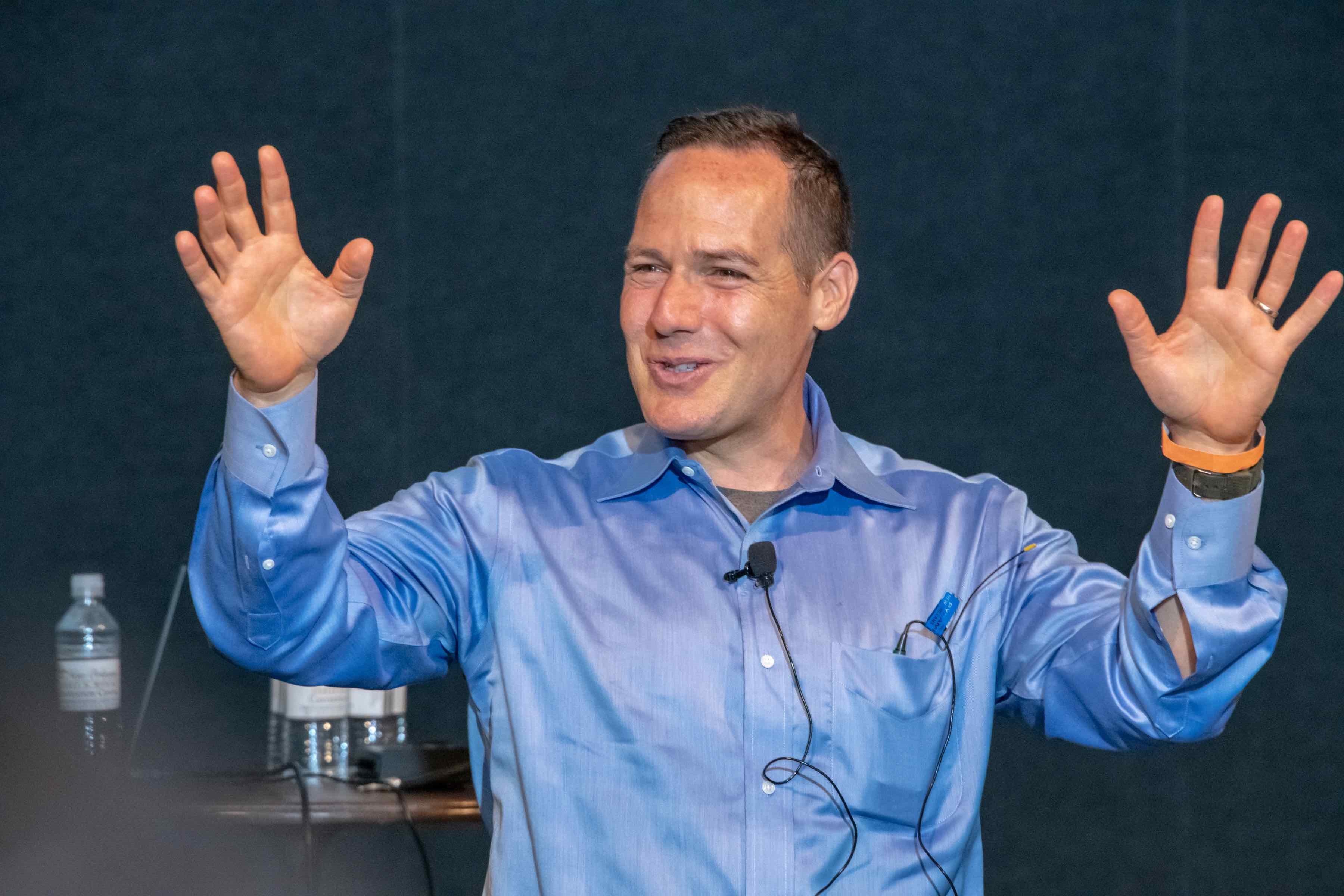
Dan Goldhaber is the Director of the Center for Analysis of Longitudinal Data in Education Research (CALDER, caldercenter.org) at the American Institutes for Research and the Director of the Center for Education Data & Research (CEDR, cedr.us) at the University of Washington. Both CALDER and CEDR are focused on using state administrative data to do research that informs decisions about policy and practice.
Dan’s work focuses on issues of educational productivity and reform at the K-12 level, the broad array of human capital policies that influence the composition, distribution, and quality of teachers in the workforce, and connections between students' K-12 experiences and postsecondary outcomes. Topics of published work in this area include studies of the stability of value-added measures of teachers, the effects of teacher qualifications and quality on student achievement, and the impact of teacher pay structure and licensure on the teacher labor market.
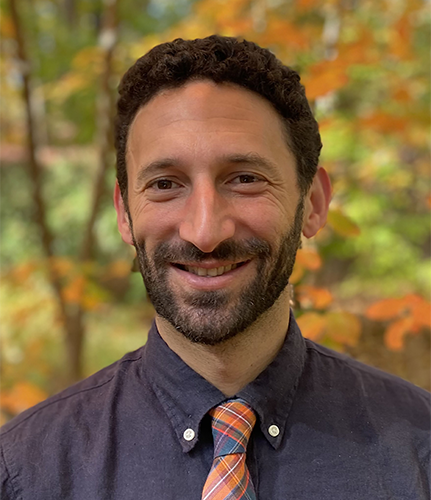
Ethan Hutt is an Associate Professor and Gary Stuck Faculty Scholar in Education at the School of Education at the University of North Carolina – Chapel Hill. His research focuses on the relationship between schools, the law, and education policy. In particular, he is interested in the historical development, modern use, and on-going effects of the metrics we use to describe and evaluate our schools. His work asks: where did these numbers come from? How did they become central to the operation of schools? And what effects have they had for how we think about what schools can and should do? He has explored these questions across a range of topics including the history grades, standardized test scores, measures of attendance, and measures of effective teaching. He recently published (with Jack Schneider) Off the Mark: How Grades, Grading, and Test Scores Undermine Learning (But Don’t Have To) (Harvard University Press).

Jonathan Moody, Ph.D. is the Vice-President of Research with the Equable Institute, a bipartisan nonprofit that works with public retirement system stakeholders to solve complex pension funding challenges with data-driven solutions. In his time working in public finance he has authored and co-authored a wide range of academic and policy research on municipal finance subjects, including public sector retirement systems, state budgeting and reserve funds, state credit ratings, and state fiscal management. While at Equable he has developed a variety of industry-leading research reports and some of the most comprehensive databases of retirement finance, retirement benefits, and other topics related to public retirement systems. He received his bachelor's degree from the University of Mississippi, and his master’s and Ph.D. from Pennsylvania State University.
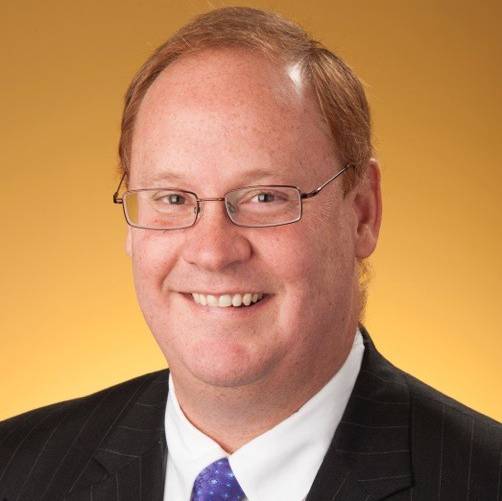
Ben Scafidi is a professor of economics and director of the Education Economics Center at Kennesaw State University. He is also a Friedman Fellow with EdChoice, a senior fellow with the Georgia Public Policy Foundation, and was recently appointed by Governor Brian Kemp to serve a second stint on the Georgia Charter Schools Commission. Previously, he served as the Education Policy Advisor to Governor Sonny Perdue and as a staff member to both of Governor Roy Barnes’ Education Reform Study Commissions. He has written widely on education and urban policy. He received a BA in Economics from the University of Notre Dame and a PhD in Economics from the University of Virginia.
Panel: School Choice
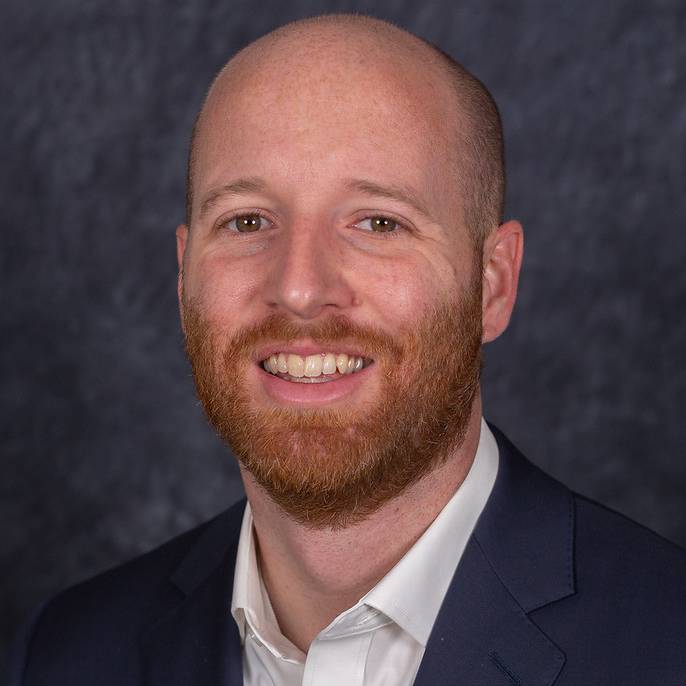
Daniel Bowen earned his Ph.D in Education Policy from the Department of Education Reform at the University of Arkansas in 2013. He joined the Department of Educational Administration and Human Resource Development at Texas A&M University in 2015 and is a Research Affiliate of Rice University's Houston Education Research Consortium. He primarily investigates the value of students' arts, humanities, and civic engagement through experimental and quasi-experimental research methods, serving as the Co-Director of the Arts, Humanities, & Civic Engagement Lab, dedicated to the rigorous investigation of the arts and humanities in promoting student success, social and emotional well-being, and civic engagement, in partnership with the National Endowment for the Arts, as well as the Co-Director of Texas A&M’s Education Research Center, committed to conducting, facilitating, and publicizing research for the purpose of transforming education policy and practice.
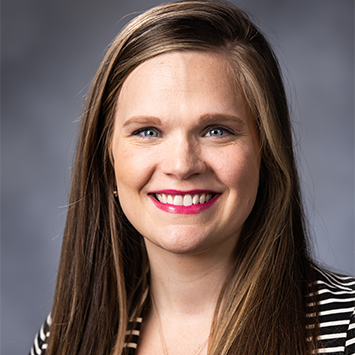
Dr. Heidi Holmes Erickson is an Assistant Professor in the Department of Educational Leadership and Foundations at Brigham Young University. Her research examines U.S. education policy, with particular attention to educational leadership, school choice, and civic education. Her work has been published in leading journals such as Educational Researcher and the Journal of Human Resources. She earned her bachelor’s degree from Brigham Young University and her Ph.D. from the University of Arkansas.
 Danish (Dany) Shakeel is Professor and the director of the E. G. West Centre for Education Policy at The
University of Buckingham, UK. His recent research has been in the areas of systematic
review and meta-analysis, public opinion and the politics of education, social capital,
non-cognitive and character traits, religious education and philosophies, school choice,
and intelligence. He is also a research fellow at the Program on Education Policy
and Governance at Harvard University, USA. He received his Ph.D. from the University
of Arkansas.
Danish (Dany) Shakeel is Professor and the director of the E. G. West Centre for Education Policy at The
University of Buckingham, UK. His recent research has been in the areas of systematic
review and meta-analysis, public opinion and the politics of education, social capital,
non-cognitive and character traits, religious education and philosophies, school choice,
and intelligence. He is also a research fellow at the Program on Education Policy
and Governance at Harvard University, USA. He received his Ph.D. from the University
of Arkansas.Panel: Teacher Quality & The Teacher Pipeline

Andrew Avitabile is a Ph.D. candidate in Education Policy at the University of Virginia and a Pre-doctoral Fellow with the Institute of Education Sciences. His research focuses on teacher labor markets and the evaluation of education policies in the United States and in low- and middle-income countries. He has work published in Educational Researcher and presents regularly at national conferences including AEFP and APPAM. His current projects use large language models to examine preservice teacher preparation, the effectiveness of an early reading intervention in Virginia, and a comprehensive school health program in Zambia. Prior to graduate school, he worked at J-PAL, MDRC, and the Indeed Hiring Lab. He holds a B.S. in Economics from The George Washington University and an M.P.P. from the University of Virginia.

Andrew M. Camp, Ph.D., is a Senior Research Associate at the Annenberg Institute at Brown University. He uses econometric and quantitative methods to investigate the teacher workforce, including its evolution during and after the COVID-19 pandemic, the efficacy of teacher retention policies, and the effects of school finance reforms. His current research delves into the spatial dynamics of teacher labor markets, explores differentiated compensation strategies to align with market demand, and employs web-scraped job postings for near real-time insights into school staffing challenges. Dr. Camp received his bachelor's degree from the University of Nebraska at Omaha and his master’s and Ph.D. from the University of Arkansas.
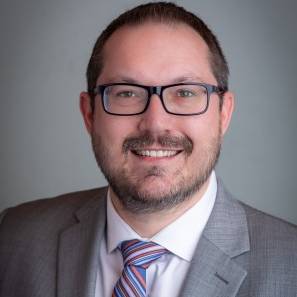
Dr. Joshua H. Barnett serves as CEO of the National Institute for Excellence in Teaching (NIET), a national non-profit organization that has trained and supported more than 35,000 teacher leaders over twenty-five years. At NIET, he leads a team of experts to support districts, states, and universities to improve educator effectiveness and student learning by creating the systems and structures that enable educators to be successful. He earned his doctorate in education policy at the University of Arkansas and worked previously at Arizona State University. His work has been published in a variety of outlets, including Review of Educational Research, Teachers College Record, and Educational Leadership. He is the author of Unleashing teacher leadership: A toolkit for ensuring effective instruction in every classroom (ASCD) and co-author of A straightforward guide to teacher merit pay: Encouraging and rewarding schoolwide improvement (Corwin Press).

Eric Taylor is a professor of education at Harvard University and faculty research fellow at the National Bureau of Economic Research. Taylor studies the economics of education, focusing on labor and employment relationships in the education sector, and teaches courses in applied econometrics, personnel economics, and education policy. His research on the teacher workforce has included questions on hiring decisions, job design, training, and job performance evaluation. His work has been published in the American Economic Review, American Economic Journal: Economic Policy, and Journal of Labor Economics; and featured in the New York Times, Washington Post, and Education Week.
Panel: Education Policy for the Gifted & Talented
Matthew H. Lee is clinical assistant professor of economics at Kennesaw State University,
where he conducts research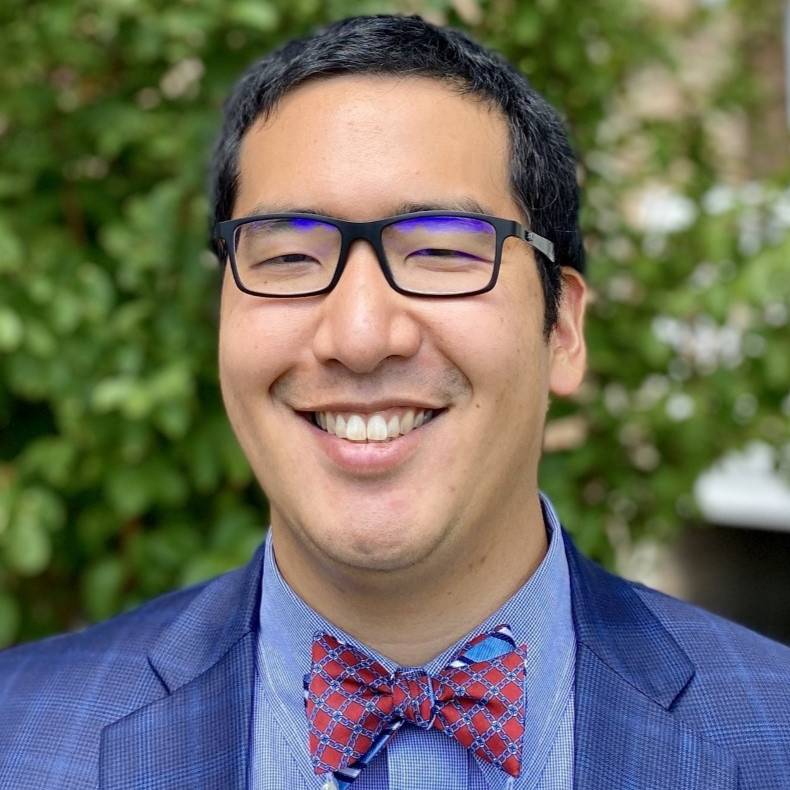 for the Education Economics Center. He is also a Senior Fellow at the Association
of Christian Schools International and has previously taught as an adjunct professor
of education policy at Johns Hopkins University. He is coeditor of Religious Liberty and Education (Rowman & Littlefield, 2020) and coauthor of Future Ready (ACSI/Cardus, 2022). His peer-reviewed research has been published in the Journal for the Scientific Study of Religion, Journal of Religion and Health, Intelligence, and the Journal of School Choice. His articles have been featured in Education Next, Law & Liberty, National Review, Forbes, the Atlanta Journal-Constitution, and others. He earned his Ph.D. in education policy from the University of Arkansas.
for the Education Economics Center. He is also a Senior Fellow at the Association
of Christian Schools International and has previously taught as an adjunct professor
of education policy at Johns Hopkins University. He is coeditor of Religious Liberty and Education (Rowman & Littlefield, 2020) and coauthor of Future Ready (ACSI/Cardus, 2022). His peer-reviewed research has been published in the Journal for the Scientific Study of Religion, Journal of Religion and Health, Intelligence, and the Journal of School Choice. His articles have been featured in Education Next, Law & Liberty, National Review, Forbes, the Atlanta Journal-Constitution, and others. He earned his Ph.D. in education policy from the University of Arkansas.
Andy Parra-Martinez, PhD, is an assistant professor of educational psychology at Mississippi
State University. Dr. Martinez completed his doctoral degree in Educational Studies from Purdue University.
His interests are centered around student outcomes, talent development, motivation,
wisdom, and teaching education.
Martinez completed his doctoral degree in Educational Studies from Purdue University.
His interests are centered around student outcomes, talent development, motivation,
wisdom, and teaching education.

Dr. Bich Tran is a Research and Evaluation Associate at the Center for Program Design and Evaluation at Dartmouth College, specializing in mixed-methods program evaluation. She received her Master’s degree in Political Science from Illinois State University and Ph.D. in Education Policy from the University of Arkansas.
Panel: Issues in Homeschooling & Education Policy
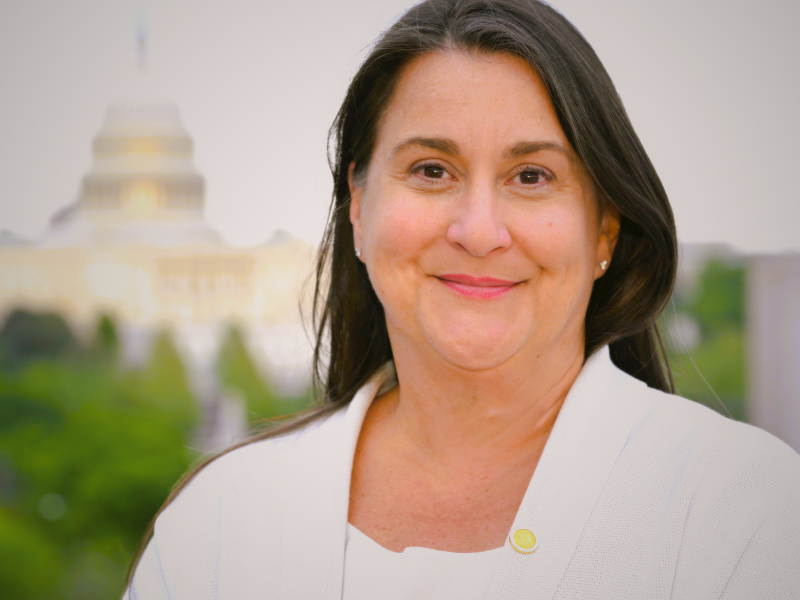
Angela R. Watson is an assistant research professor at the Johns Hopkins School of Education and a senior research fellow at the Johns Hopkins Institute for Education Policy. She is also the creator and director of the Johns Hopkins Homeschool Research Lab and Homeschool Hub, and a national thought leader in homeschooling research. Dr. Watson has publications in several scholarly journals, including Education Research, Politics and Policy, and the Journal of School Choice. She also recently served as guest editor for a special issue of the Journal of School Choice dedicated to the rigorous research of homeschooling. Her research has appeared in The New York Times, The Wall Street Journal, The Washington Post, The Boston Globe, The 74, The Hill, and The Houston Chronicle, among others. She has written book chapters on Promise programs, homeschooling, arts field trips, and learning pods, and is currently working on a homeschooling book for publication at Harvard University Press. She earned a Ph.D. in education policy from the Department of Education Reform at the University of Arkansas. She lives and works remotely from Northwest Arkansas.

Christy Batts is a doctoral candidate of Educational Evaluation and Policy Analysis at North Carolina State University and a Graduate Student Research Fellow at the Homeschool Research Lab at Johns Hopkins Institute for Education Policy. Her research agenda centers around school choice policies and practices concerning alternative education options, including homeschool, hybrid school, microschool and dual enrollment. She has most recently published a paper with her advisor, Dr. Anna Egalite, about student-teacher ethnoracial matching and special needs identification in Educational Evaluation and Policy Analysis. Her dissertation focuses on homeschool parents' access to and use of public education resources.

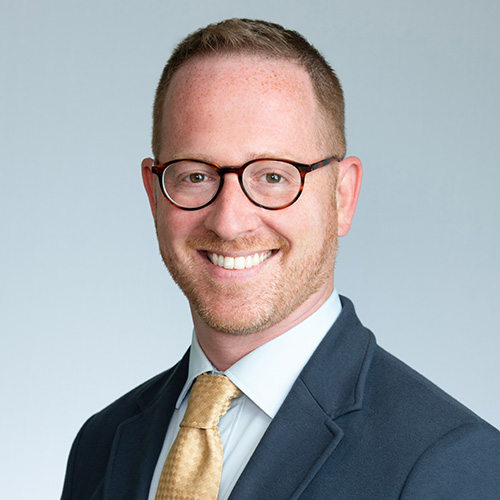
Joshua Goodman is Associate Professor of Education and Economics at Boston University. He works on the economics of education policy, with particular focus on postsecondary issues, STEM coursework, and more recently the COVID-19 pandemic. His work has been published in peer-reviewed outlets such as the Quarterly Journal of Economics and AER: Insights, cited in multiple White House reports, and featured by the New York Times, Washington Post, and National Public Radio. He serves as co-editor of the Journal of Human Resources and is an NBER Research Associate. Much of his policy-related work is done as a faculty affiliate of the BU Wheelock Education Policy Center (WEPC). Prior to starting his Ph.D., he was a public high school math teacher in Watertown, MA. In 2022-23, he served as a Senior Economist on the White House's Council of Economic Advisers, where he worked on both K-12 and postsecondary education policy.
Agenda
8:00-8:30 - Buffet Breakfast
8:30-8:45 - Welcome (Kate Mamiseishvili, University of Arkansas and Harry Patrinos, University of Arkansas)
8:45-9:45 - Keynote: Eric Hanushek, Stanford University
9:45-10:00 - Break
10:00-11:30 - The Learning Crisis in America (Chair: Harry Patrinos)
Eren Asena, Classic Learning Initiatives
The Impact of the COVID-19 Pandemic on Standardized Test Scores Across School Types
Anna Egalite, NC State University
Factors Driving School Choice in North Carolina During the COVID-19 Pandemic
Colby Woods, University of Pennsylvania
Pre- and Post-COVID Trends in Why Students are Missing School in Rural America
Ron Zimmer, University of Kentucky
Tennessee Charter School Performance During and After the COVID-19 Pandemic
11:30-12:45 - Lunch
12:45-1:45 - Keynote Panel on the Theme of Artificial Intelligence in Education (Chair: Harry Patrinos)
Jean-Claude Brizard, Digital Promise
Tom Vander Ark, Getting Smart
Michael Trucano, Brookings
1:45-1:50 - Transition between panels
1:50-3:20 - A Burr Under the Saddle: Reigniting the Urgency for Bold Education Reform in the Next 20 Years
(Chair: Robert Maranto, University of Arkansas)
Brian Kisida, University of Missouri
Marty Lueken, EdChoice
James V. Shuls, University of Missouri
James Lynn Woodworth, Stanford University
3:20-3:30 - Break
3:30-5:00 - Educational Transparency & Accountability (Chair: Josh McGee, University of Arkansas)
Dan Goldhaber, Center for Education Data & Research
Predicting Postsecondary Outcomes: A Horse Race Between GPA and State Assessments
Ethan Hutt, University of North Carolina, Chapel Hill
Reflections on the Era of "Information and Options"
Jonathan Moody, The Equable Institute
Crowded Classrooms: Assessing Rising Pension Costs’ Crowd Out of Other Education Priorities
Benjamin Scafidi, Kennesaw State University
The short-, medium-, and long-run effects of enrollment changes on district finances
5:00-6:00 - Reception
6:00-8:00 - Dinner
8:00-8:20 - Continental Buffet Breakfast
8:20-9:05 - Keynote Interview: Howard Fuller, Marquette University
9:05-10:35 - School Choice (Chair: Patrick Wolf, University of Arkansas)
Daniel Bowen, Texas A & M University
Culture War Framing Effects and Public Attitudes Toward School Choice
Heidi Holmes Erickson, Brigham Young University
Charters and the Shifting School Choice Landscape: Evidence of Sector Competition with Private Schools
David T. Marshall, Auburn University
Teacher Choice Matters: How Educational Options Can Impact Educator Satisfaction and Retention
Danish Shakeel, University of Buckingham
Choosing to Go Further: A Meta-Analysis of the Educational Attainment Effects of Private School Choice Around the Globe
10:35-10:40 - Transition between panels
10:40-12:10 - Teacher Quality & the Teacher Pipeline (Chair: Gema Zamarro, University of Arkansas)
Andrew Avitabile, University of Virginia
Using Large Language Models to Analyze Pre-service Teacher Feedback and Reflections
Andrew Camp, Brown University
The Effects of Four-Day School Weeks on Teacher Recruitment and Retention
Joshua Barnett, National Institute for Excellence in Teaching
Rural Excellence: Strengthening Educator Capacity for Student Success
Eric Taylor, Harvard University
Employee Evaluation and Skill Investments: Evidence from Public School Teachers
12:10-12:55 - Lunch
12:55-2:25 - Education Policy for the Gifted and Talented (Chair: Jonathan Wai, University of Arkansas)
Matthew H. Lee, Kennesaw State University
Identifying talented teachers and students using the GRE
Andy Parra-Martinez, Mississippi State University
Title TBD
Bich Tran, Dartmouth College
Title TBD
2:25-3:55 - Issues in Homeschooling and Education Policy (Chair: Albert Cheng, University of Arkansas)
Angela Watson, Johns Hopkins University
Homeschooling Research Then and Now: A Retrospective look at what we thought we knew and where we go from here
Christy Batts, North Carolina State University
Public Education Partnerships with Homeschoolers: A Mixed-Methods-Grounded Theory Analysis of Access to and Use of Public Education Resources in North Carolina
Collin Hitt, Saint Louis University
Taking Attendance: Estimating Homeschooling Populations in States without Official Homeschool Data
Joshua Goodman, Boston University
School Enrollment Shifts Five Years After the Pandemic
3:55-4:00 - Wrap up and farewell (Patrick Wolf)
Questions about the conference may be directed to the Program Co-Chairs:
- Patrick Wolf, pwolf@uark.edu
- Harry Patrinos, patrinos@uark.edu